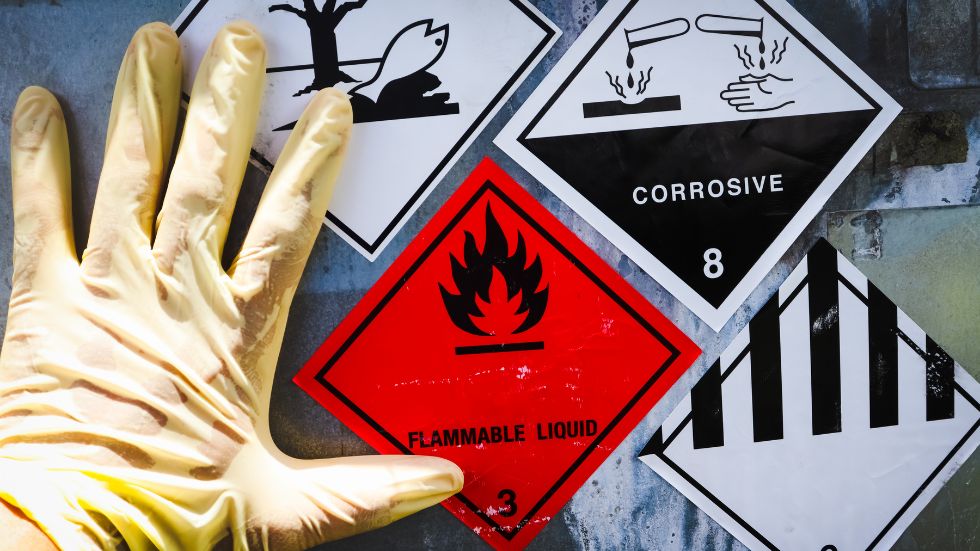In today’s industrial landscape, proper solvent waste management is necessary. Mishandling hazardous waste can have severe environmental consequences. For example, companies may accidentally release toxic chemicals into water and soil, affecting the ecosystem. Therefore, businesses must identify and manage their industrial solvents. To determine if your industrial solvents are hazardous waste, read this quick guide.
Understanding Hazardous Waste
Hazardous waste is any substance or material with ignitability, corrosivity, reactivity, and toxicity. Ignitability refers to a substance’s ability to catch fire easily. Solvents with low flashpoints can pose significant fire hazards if not handled properly. Corrosivity relates to a substance’s tendency to corrode materials like metals or containers.
Reactive substances can release toxic gases, explode, or react violently when exposed to certain conditions or other substances. Toxicity refers to a substance’s harmful effects on human health or the environment.
The presence of these properties determines if your industrial solvents are hazardous waste. Accurate identification and management of hazardous waste are critical for businesses to meet legal obligations and safeguard the environment.
Evaluating Solvent Properties
When evaluating solvent properties, consider the flashpoint and pH level of the substance. Flashpoint refers to the temperature at which a solvent can ignite near an open flame or spark. Solvents with low flashpoints, such as certain volatile organic compounds (VOCs), can pose significant fire hazards.
Additionally, pH level indicates the acidity or alkalinity of a substance. Some solvents with extreme pH levels can corrode materials and containers, leading to potential leaks or spills.
Regulatory Compliance
Businesses must adhere to regulatory frameworks when handling hazardous waste. One such framework is the Resource Conservation and Recovery Act (RCRA), which sets guidelines for waste management. Generators, transporters, and treatment facilities are responsible for managing hazardous waste. Obtaining permits, maintaining proper documentation, and complying with reporting requirements are crucial to regulatory compliance.
Implementing Best Practices
Reducing the production of hazardous waste in industrial processes is not only environmentally responsible but also financially advantageous. Implementing strategies such as solvent recycling can reduce waste generation while saving you money on the purchase of new solvents. Investing in a solvent recovery system can help businesses achieve effective and eco-friendly waste management solutions.
Partner with Solvent Waste Management to achieve effective, cost-efficient, and environmentally friendly waste management strategies. Let us help you find the right solvent recycling machine!

